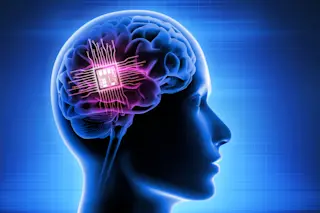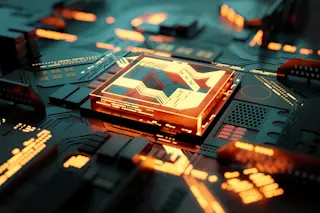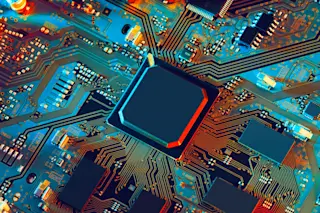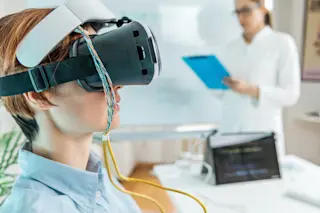The human brain is an amazing computing machine. Weighing only three pounds or so, it can process information a thousand times faster than the fastest supercomputer, store a thousand times more information than a powerful laptop, and do it all using no more energy than a 20-watt lightbulb.
Researchers are trying to replicate this success using soft, flexible organic materials that can operate like biological neurons and someday might even be able to interconnect with them. Eventually, soft “neuromorphic” computer chips could be implanted directly into the brain, allowing people to control an artificial arm or a computer monitor simply by thinking about it.
Like real neurons — but unlike conventional computer chips — these new devices can send and receive both chemical and electrical signals. “Your brain works with chemicals, with neurotransmitters like dopamine and serotonin. Our materials are able to interact electrochemically with them,” says Alberto Salleo, a ...














